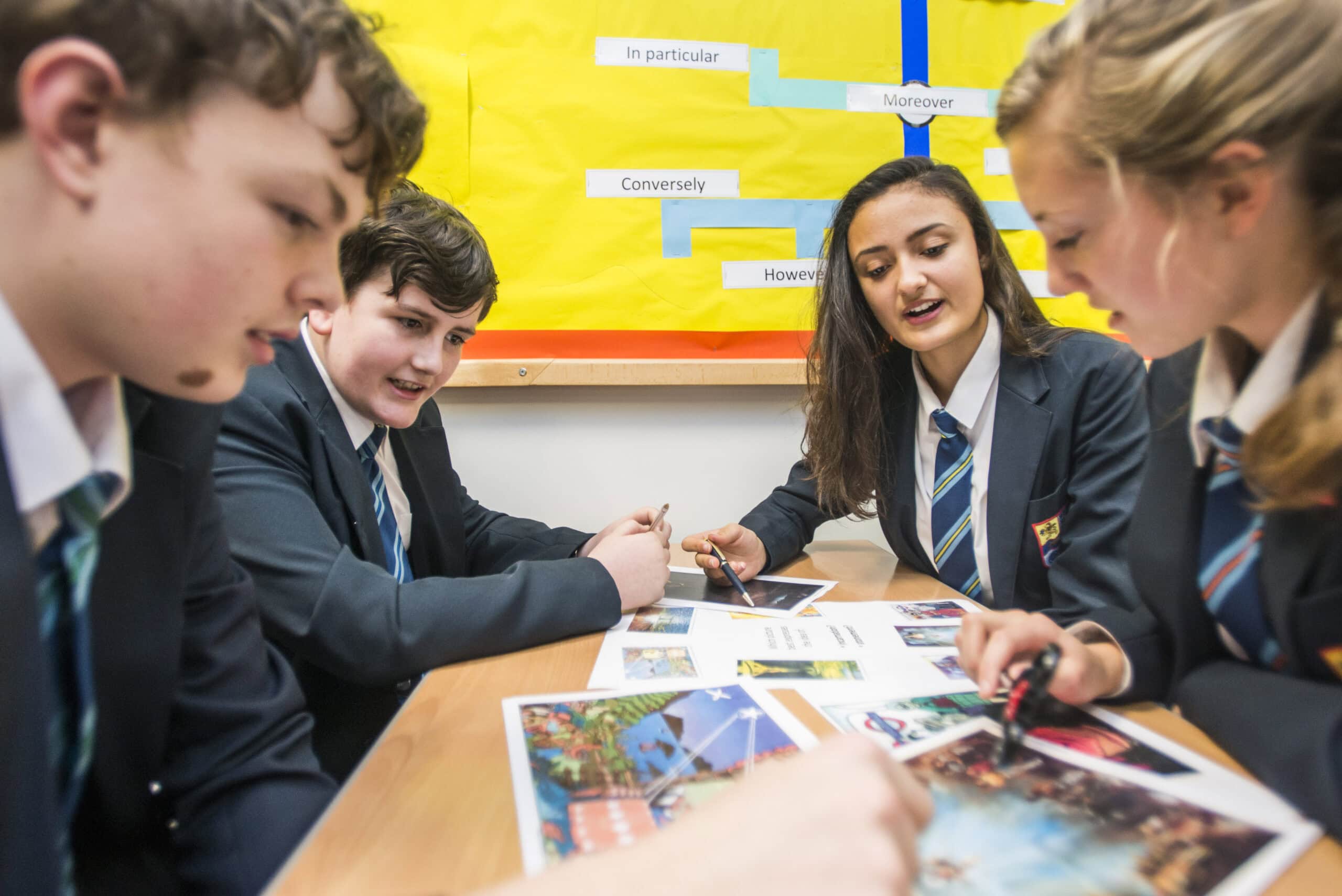Urgent need for specialists as Religious Studies remains among most popular GCSE’s

Lack of specialist teachers is leading to pockets of poor quality RE as subject leaders call for the government to address historic neglect
The number of students taking Religious Studies at GCSE in England and Wales has fallen, with a decline of 2.6% following a 0.9% rise in entries from 2023 to 2024.
249,422 students took a GCSE RS (long or short course), making it the seventh most widely taken subject in England and Wales out of the 31 offered at Key Stage 4.
238,434 students took a RS GCSE in England, a fall of 2.1%. In Wales 10,988 students took the subject, a decrease of 11.8% For the fourth year running, the number of students taking a GCSE short course in England rose this year by 1.6% to 20,951 entries. In Wales short course entries fell by 14.5% to 1882.
The number of students who achieved Grade 4-9 in GCSE full course in England rose by 1% to 73.2% and in Wales by 2.1% to 67.8%. Slightly more girls took the subject than boys. In England 54% and 46% respectively and in Wales 56% and 44%.
Despite the large numbers taking the subject, school workforce data show that 51% of those teaching RE mainly teach another subject while the number of RE teachers has remained roughly the same since 2011.
The teacher training bursary for RE was restored in 2024 but at a much lower rate than subjects like Geography, Computing and Maths, but a shortage of specialism in schools is leading to teachers warning of tokenistic, low quality RS that risks embedding misconceptions, undermining societal cohesion.
The number of those recorded as teaching RE has remained roughly the same since 2011 at 16,200, while those delivering Geography and History lessons has risen by 1,700.[1]
Sarah Lane Cawte, Chair of the Religious Education Council of England & Wales, said:
“We have a worrying situation in our schools where one of the most widely taken GCSEs is taught by an ever-declining number of specialists. Too many in this enormous cohort continue to receive poor quality, tokenistic RE as an afterthought, something that threatens to undermine societal cohesion and leaves students poorly prepared for life in modern Britain.
At its best, high-quality RE allows young people to debate, discuss and understand their own worldview and those of others in response to life’s big questions. It’s a subject built on empathy, intellectual curiosity and an academic approach to critical thinking, an intellectual experience we know is valued by parents, employers, and above all students themselves.
We now need a national plan that would restore Subject Knowledge Enhancement course funding, prioritise teacher recruitment and adopt the REC’s National Content Standard as part of the Department of Education’s statutory guidance to ensure all students receive their entitlement to high-quality, modern RE.”
Katie Freeman, Chair of the National Association of Teachers of RE, said:
“A huge congratulations to all the students receiving their GCSE results today – and also to their teachers. RE provides one of the few spaces in schools where young people can debate everything from euthanasia and abortion to the existence of God in a mutually respectful, academic environment.
These lessons are among the most challenging a teacher will ever deliver. RE teachers are hardworking, highly trained professionals who open up rich intellectual opportunities, helping young people flourish in their ongoing education, life and work.
We must recognise their contribution to schools and society by providing religious education with its fair allocation of resources and attention to ensure this valuable work continues and reaches every young person.”
Press Information
About NATRE
NATRE, the National Association of Teachers of Religious Education, is the leading subject teacher association dedicated to supporting and empowering professionals in the field of Religious Education (RE), Religious Studies (RS) and religion and worldviews education.
Stay in Touch
Be the first to hear the latest news and updates